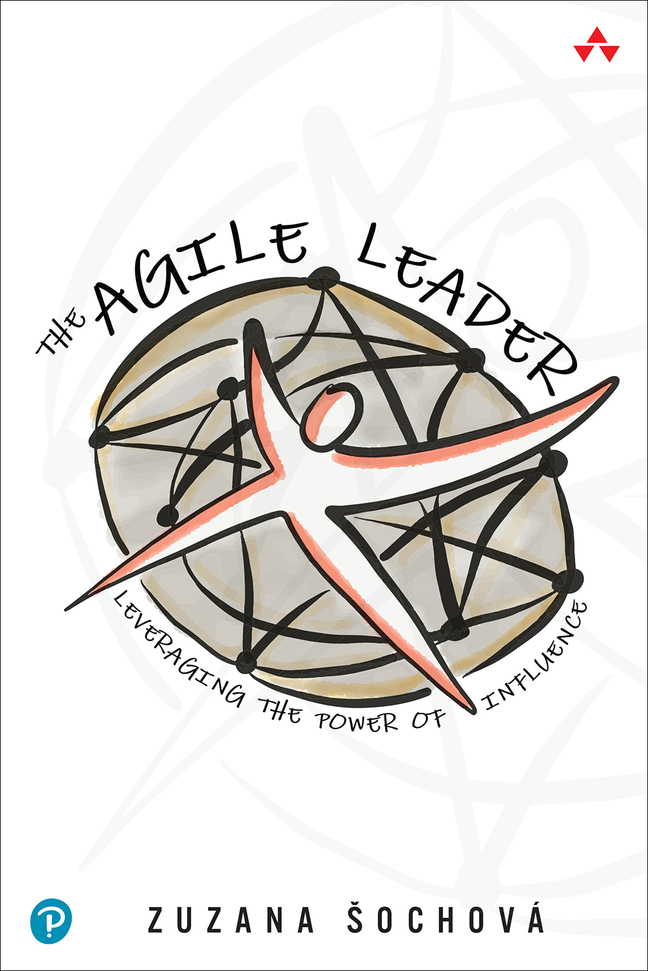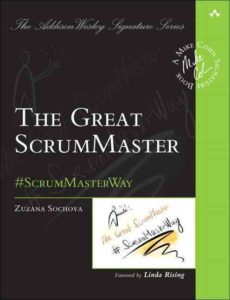One of the things you have to know as a trainer is how to design a content for your class. The traditional teaching methods which were mostly about listening and reading, are very inefficient. Even if you tell a lot of stories, most of the content never survive in people brains until next week. The modern teaching methods are about experience. When you think about it, the things which you remember the most are those you experienced, things you have to figure out yourself. Therefore, the modern teaching is much more about team discussion, simulations, and facilitation of the class instead of teaching. After all, no matter what you say, people are only able to keep focus for about 5min. Then they start their own thinking process in their mind of side thoughts initiated by any associations with what they heard and simply they stop following what’s happening. Don’t believe me? Say them something important in the middle of 15min block. Do it the best you can. Work with your voice. And then, one hour later ask them the question about it. Surprised? And it’s even worse. The more different is the message you are saying to their current reality, the smaller the chance is they remember it and even hear it. It can work for mathematics, but not in a class which has only one goal – change the mindset.
The most popular book which describes a different approach to teaching and learning is Training from the Back of the Room. Get a copy and try it. The hardest is to accept that your students are creative and smart enough so they can figure it. You don’t have to tell them the answers; instead, you shall design a class in a way so they can answer their questions by themselves. They will figure it out.
Interestingly, one requirement which every CST – Certified Scrum Trainer has to do, is to design the class content. The candidates including me were always asking why is that. But it’s actually quite important. Firstly, it proves that you understand the topic enough so you can put it together in a meaningful way – and yes, during co-training with many CST candidates, I’ve seen people teaching Scrum in quite a random way – you know, cooking a soup from great ingredients, doesn’t necessarily ends up as a great soup. Teaching somebody else’s material is like using great chef’s recipe. And again, we are not teaching simple stuff, Agile and Scrum are about changing mindset. So it’s not a cupcake recipe, it’s more like baking macarons. Secondly, considering modern learning trends, where you shall facilitate (not teach) a class, and coach the entire system there to highest learning – there is no way you can copy someone else’s content. It must be authentic. It’s like an art 🙂
Once you got that, one of the skills you need to develop is to design a game. It’s not that hard, but still, it’s great to have a framework. If you like to know more, I can more than recommend Luke Hohmann’s Game Design Master Class, which shows the “secret ingredients” of serious, collaborative game design. Cooking had never been easier :). I joined game design class this summer and I very much enjoyed it, so here is my recommendation. We talked about game theory, game structure, and design strategies, all in very collaborative and fun environment.
So here is my current recommendation summary, if you want to be successful in teaching Agile and Scrum, changing people’s mindset and eventually becoming CST – Certified Scrum Trainer which is the highest quality bar of teaching Agile and Scrum, you need the following mix of ingredients:
- Class facilitation (i.e. Training from the Back of the Room.)
- System coaching (i.e. ORCS – Organizational System Relationship Coaching)
- Game design (i.e. Game Design Master Class)
Be aware that this is not official advice; I’m just one CST (Certified Scrum Tariner) sharing my personal experiences on how to be a great Agile and Scrum Trainer.
You can get inspired by a story from Anderson Diniz Hummel about what it was like to go through the process of becoming a CST. http://drunkenpm.blogspot.com/

 Learn more about transforming organizations, leadership, and culture with Agile & Enterprise Coaching. Check our Scrum and Agile training sessions on Sochova.com. Grab a copy of The Great ScrumMaster: #ScrumMasterWay book and The Agile Leader: Leveraging the Power of Influence book.
Learn more about transforming organizations, leadership, and culture with Agile & Enterprise Coaching. Check our Scrum and Agile training sessions on Sochova.com. Grab a copy of The Great ScrumMaster: #ScrumMasterWay book and The Agile Leader: Leveraging the Power of Influence book.
Disclaimer: All I write on this blog is purely personal and has no relation with any position I have, used to have or will have in the future.
